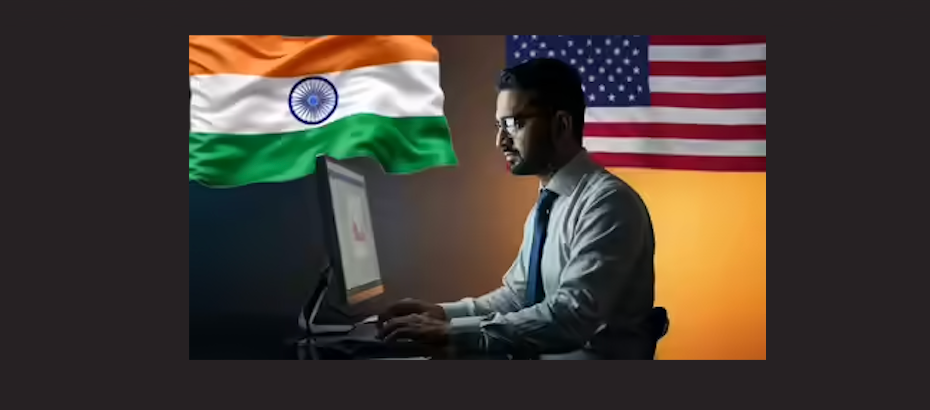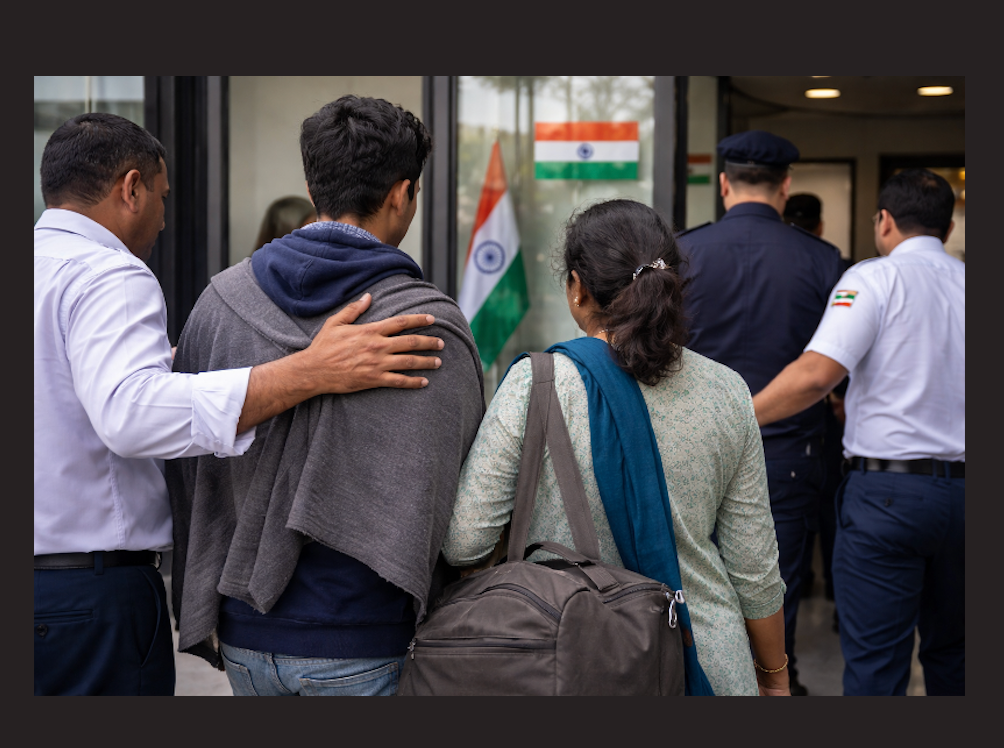Stigma is like a shadow that darkens the lives of those with mental health issues. It’s a set of negative beliefs, attitudes, and stereotypes that society holds about mental illness. This stigma can manifest in various ways, such as discrimination, isolation, or ignorance
In a quiet corner of our town, there lived a boy named Alex. He was a Grade 10 student who, on the surface, appeared to be just like any other kid his age. He loved playing soccer with his friends, had a passion for art, and adored his pet dog, Buddy. But beneath that cheerful exterior, Alex carried a heavy burden: he struggled with anxiety.
Every day, as he stepped into school, Alex felt a growing sense of unease. He worried about the smallest things—homework, tests, and even what his classmates thought of him. The tightness in his chest and the racing thoughts were his constant companions. Despite these inner battles, he kept it all to himself, afraid of what others might say if they knew about his anxiety.
Alex’s story is not unique. In fact, millions of people around the world face mental health challenges every day. Unfortunately, the stigma surrounding mental health often prevents individuals from seeking help or sharing their experiences. It’s high time we changed that, and in this article, we’ll explore the stigma surrounding mental health and discuss strategies to combat it.
Understanding Mental Health Stigma
Stigma is like a shadow that darkens the lives of those with mental health issues. It’s a set of negative beliefs, attitudes, and stereotypes that society holds about mental illness. This stigma can manifest in various ways, such as discrimination, isolation, or ignorance.
For Alex, the stigma was palpable. He heard his classmates use words like “crazy” or “weird” to describe people with mental health problems. He felt ashamed to admit that he was one of them. He believed that if he opened up about his anxiety, he would be labeled as “different” or “weak.”
The Impact of Stigma
The impact of mental health stigma is far-reaching and can be devastating. It discourages people from seeking help when they need it most, leading to untreated mental health issues and worsening symptoms. It also isolates individuals, making them feel alone and misunderstood.
Imagine Alex’s relief when he finally opened up to his parents about his anxiety. They were understanding and supportive, seeking professional help to guide him through his challenges. But for many others, fear of stigma keeps them from seeking help, and they suffer in silence.
Challenging Stigma with Knowledge
One of the most effective ways to combat mental health stigma is through education. Schools, families, and communities can play a crucial role in providing accurate information about mental health. When children like Alex learn that mental health challenges are common and treatable, they are less likely to perpetuate stigma.
At Alex’s school, a special program was introduced that included lessons about mental health and well-being. Students learned about different emotions, stress management, and the importance of seeking help when needed. They also heard from guest speakers who shared their own mental health journeys. This knowledge helped break down the walls of stigma, making it easier for kids to talk openly about their feelings.
Promoting Empathy and Compassion
Another strategy to combat mental health stigma is promoting empathy and compassion. Children, just like adults, need to understand that mental health problems are not a choice, and they can affect anyone. By fostering a culture of empathy, we create an environment where individuals feel safe to share their struggles without fear of judgment.
At Alex’s school, students participated in empathy-building activities. They shared their thoughts and feelings in a supportive atmosphere, learning to listen and support each other. These activities helped students like Alex realize that they were not alone in their struggles and that their classmates cared.
Sharing Stories of Hope
Stories have the power to inspire and connect people. Sharing stories of individuals who have faced mental health challenges and overcome them can be incredibly powerful. These stories offer hope and demonstrate that recovery is possible.
In Alex’s community, they organized mental health awareness events where people shared their personal journeys. They talked about their struggles, treatment, and the importance of seeking help. Hearing these stories, Alex felt a renewed sense of hope. He realized that his anxiety did not define him and that he, too, could lead a fulfilling life.
Encouraging Open Conversations
Perhaps the most important strategy in combating mental health stigma is encouraging open conversations. When people feel safe discussing their feelings and experiences, the walls of stigma crumble. It’s essential for children to know that it’s okay to ask for help, talk to someone they trust, or seek professional support.
Alex started opening to his friends, who responded with kindness and support. Instead of judgment, he received encouragement and understanding. His friends learned that it was okay not to have all the answers but to be there for each other.
Conclusion
Mental health stigma is a formidable obstacle that prevents many individuals, including children like Alex, from seeking the help they need. But with education, empathy, storytelling, and open conversations, we can dismantle this stigma, brick by brick.
Imagine a world where children feel safe to share their mental health struggles, where they seek help without shame, and where they are met with compassion and understanding. It’s a world where individuals like Alex can embrace their true selves and thrive.
So, let’s break the silence. Let’s talk about mental health with our children, our families, and our communities. Together, we can combat stigma, create a supportive environment, and help children like Alex live happier, healthier lives.
*****************************************************
Readers
These are extraordinary times. All of us have to rely on high-impact, trustworthy journalism. And this is especially true of the Indian Diaspora. Members of the Indian community overseas cannot be fed with inaccurate news.
Pravasi Samwad is a venture that has no shareholders. It is the result of an impassioned initiative of a handful of Indian journalists spread around the world. We have taken the small step forward with the pledge to provide news with accuracy, free from political and commercial influence. Our aim is to keep you, our readers, informed about developments at ‘home’ and across the world that affect you.
Please help us to keep our journalism independent and free.
In these difficult times, to run a news website requires finances. While every contribution, big or small, will makes a difference, we request our readers to put us in touch with advertisers worldwide. It will be a great help.
For more information: pravasisamwad00@gmail.com











